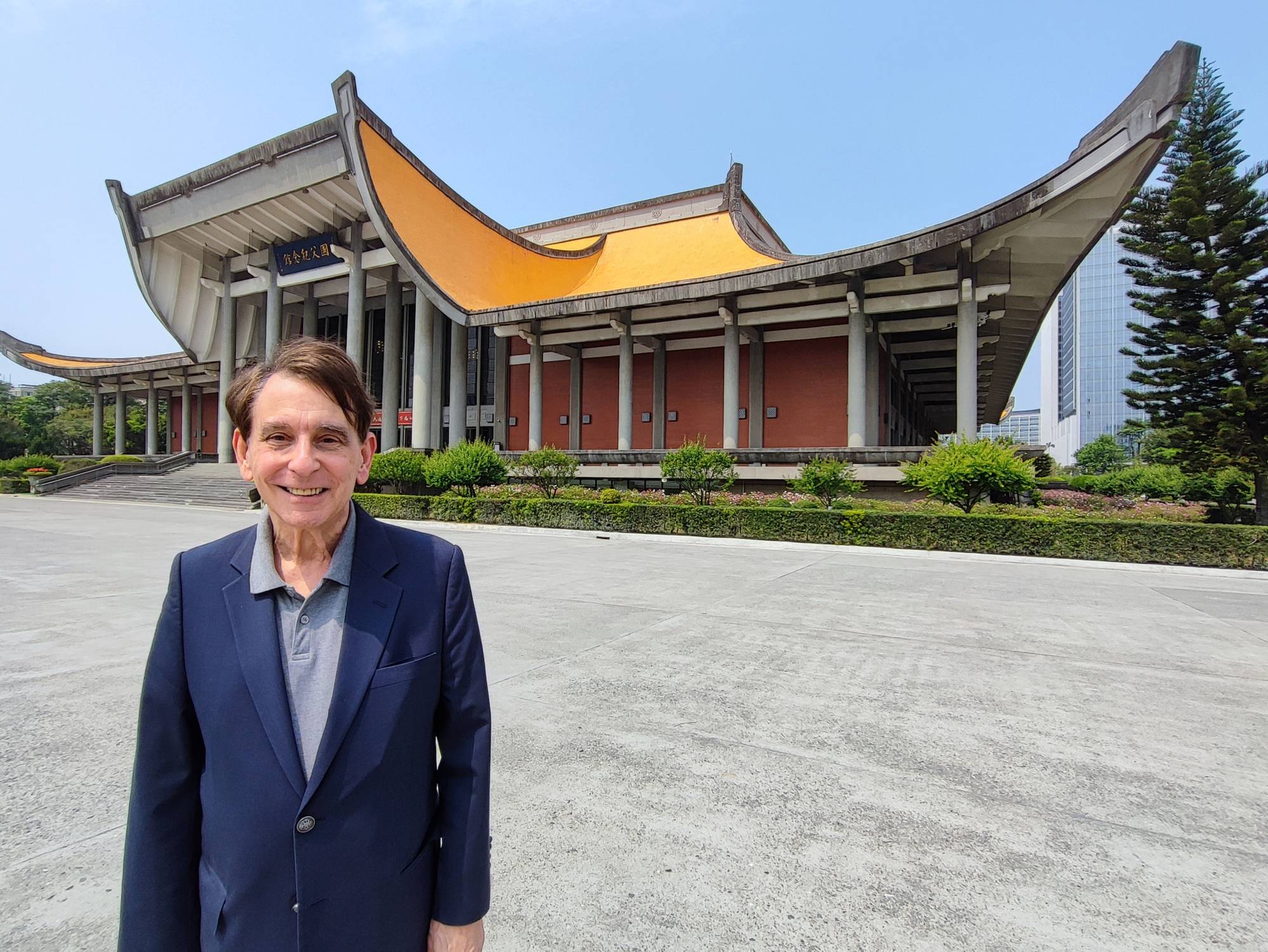Taiwanese President Tsai Ing-wen's reported plan to meet U.S. House Speaker Kevin McCarthy during a trip to the United States instead of back home appears to be Taipei’s way of trying to avoid increased tensions with China after a controversial trip to the island by McCarthy's predecessor, Nancy Pelosi, last year, according to a former U.S. diplomat.
William Stanton, who headed the American Institute of Taiwan (AIT) — the de facto U.S. Embassy on the self-ruled island — from 2009 to 2012, said in an exclusive interview with The Japan Times in Taipei that while Tsai is keen on securing McCarthy’s support, she may also hope to temper China’s reaction by meeting the Republican Congressional leader outside of Taiwan.
Although Beijing would condemn the meeting regardless of the location, Stanton said, “the change of venue could be viewed as a proactive step to avoid a repeat of Beijing’s dangerous, large-scale military exercises and missile launches near the self-ruled island that followed Pelosi’s visit last August.”


















With your current subscription plan you can comment on stories. However, before writing your first comment, please create a display name in the Profile section of your subscriber account page.